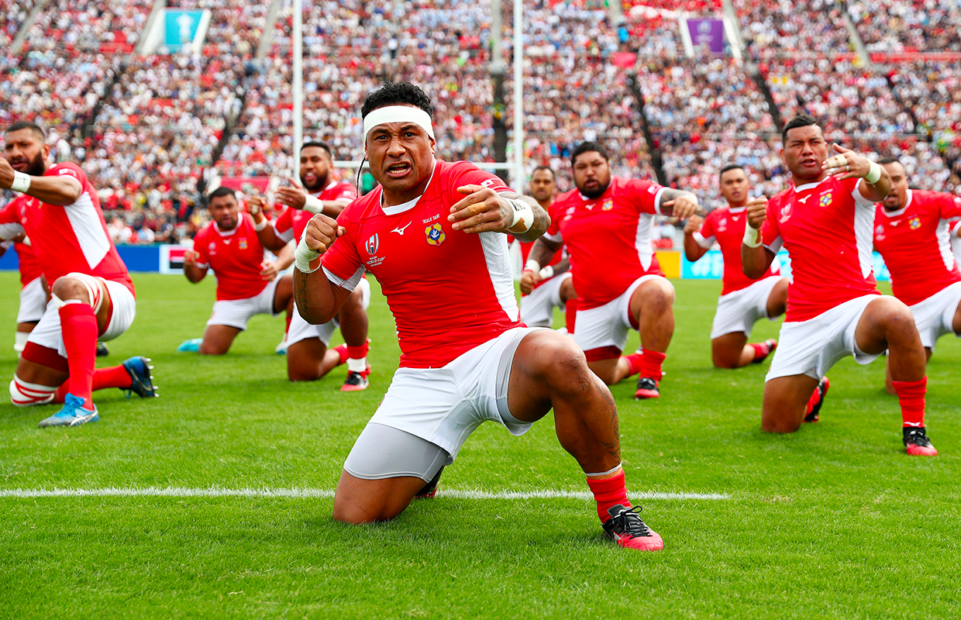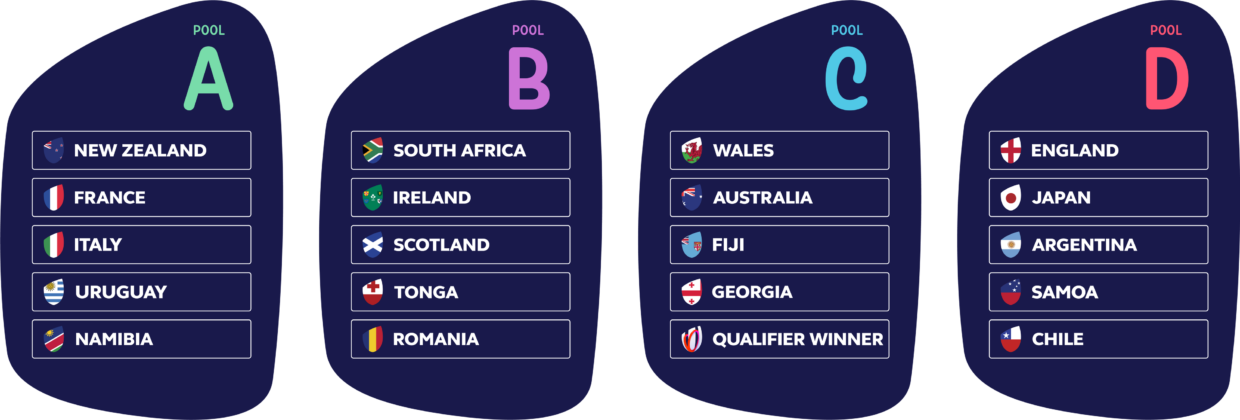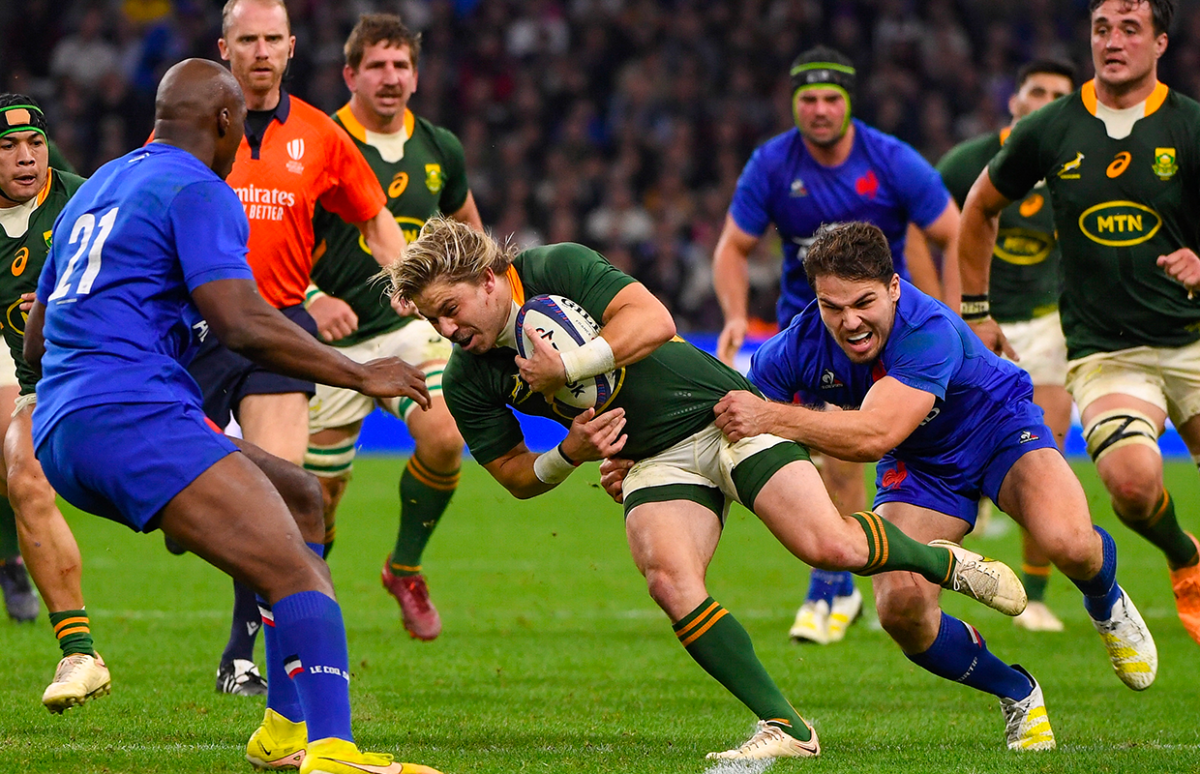The tenth men’s Rugby World Cup will take place from 8 September to 28 October. For the second time, France is hosting the tournament. And this year, the game is celebrating its 200th anniversary.
Today’s rugby developed from a form of football that was played at Rugby School, one of the oldest and most exclusive schools in England. This year is the 200th anniversary of the beginning of the game. Legend says that in 1823, a boy called William Webb Ellis picked up a football in his hands and ran with it. The trophy for the World Cup is named in his honour.
In 1845, boys at the school started writing formal rules for the game. For example, teams now always have 15 players! When the boys left school, they taught the game to other people. In 1871, the Rugby Union was formed, and the first international match was played.
South and North
Today, rugby is played in many countries, but the best teams are from the Southern Hemisphere: South Africa, Australia, and especially New Zealand. Australia has won two World Cup titles. South Africa and New Zealand are the champions with three titles each: the Springboks in 1995, 2007 and 2019, the All Blacks in 1987, 2011 and 2015. The only Northern Hemisphere champion is England (2003).
Many rugby nations are English-speaking. Like many other sports, the British nations have separate teams: England, Wales, Scotland and Ireland. (The Irish team has players from Northern Ireland and the Republic of Ireland.) The people of Pacific nations seem to have a particular love of, and aptitude for, the game. The New Zealand All Blacks and the Australian Wallabies have always had a lot of talented Maori and Aboriginal players. The Pacific islands of Fiji, Samoa and Tonga have each qualified for nine World Cups, and Fiji and Samoa have each competed in two quarter finals. Yet the three countries together have a population of less than 1.3 million people. All three teams perform Pacific war dances before matches, like New Zealand’s haka. Fiji’s dance is the Cibi, Samoa’s is the Siva Tau, and Tonga’s the Sipi Tau.

France has a long rugby tradition and would love to win at home, replacing South Africa as World Champions. In 2007 they finished fourth. In 2019, they were knocked out by Wales in the quarter finals in a nail-biting match 19-20. But they have had a couple of great years. In 2022, they were ranked the number one team in the world for the first time. And they have the home advantage of lots of fans shouting Allez les Bleus!
6 Weeks, 20 Teams, 4 Pools

Twenty teams have qualified for the World Cup from 45 participants. the teams are divided into four pools and the tournament starts with matches in each pool. Each team plays all the other teams in its pool. The top two teams in each pool qualify for the quarterfinals. This is called a round-robin competition.
You could study the World Cup along with Shine Bright 2de File 9 "Go Kiwis", File 13 "Running for Africa" (South Africa's team spirit), or Shine Bright 1re File 12 "Peoples of Oceania". And don't miss our free A2-A2+ downloadable resource.
Copyright(s) :
Top image: Clement Mahoudeau/Gallo Images/Getty Images
World Rugby/World Rugby via Getty Images






